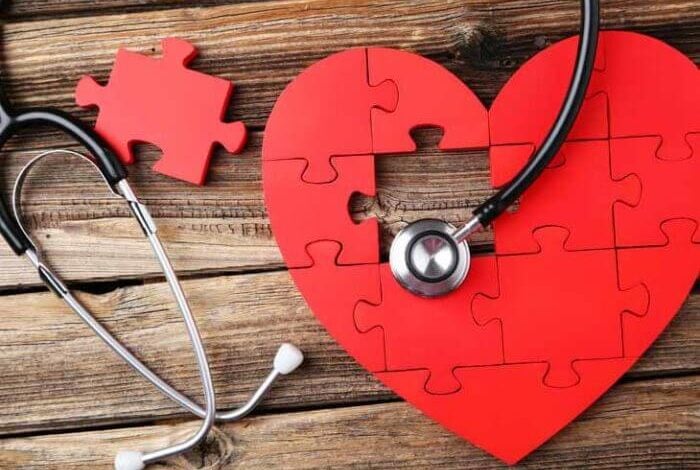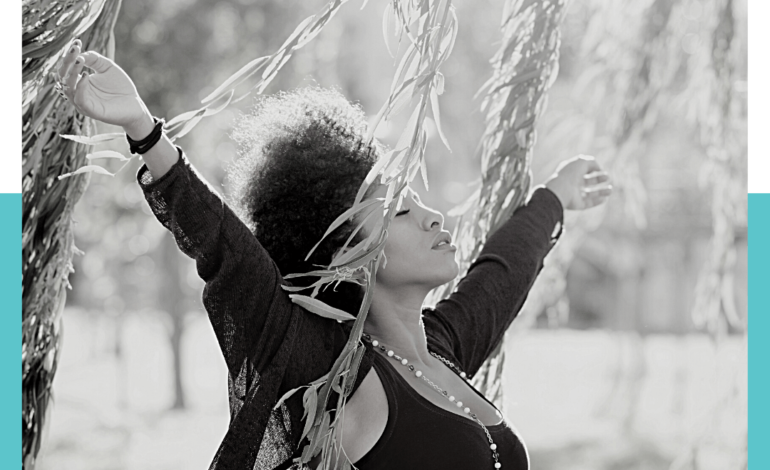Ringing in the New Year is a memorable experience for many as it represents closing the chapter on the current year while looking forward to new memories, friendships, and milestones in the coming year. New Year’s Eve can be challenging and scary for individuals who are in recovery and for those trying to abstain from alcohol.
For many, New Year’s celebrations consist of alcohol and parties but living in recovery means that this scene is no longer an option, however, you can still celebrate and have fun on this memorable holiday.
Ditch the New Year’s resolutions
Resolutions are usually lofty goals that involve losing weight, finding Mr. or Mrs. Right, and earning more money when in reality these resolutions are often broken because we don’t understand the real purpose behind these goals. Setting a resolution without understanding the purpose of the goal makes individuals less likely to accomplish the goal and more likely to feel dissatisfied, even when the goal is met. Staying strong in recovery is a resolution in itself and for those who are in recovery, it is all about taking things one day at a time, not one year at a time. It is about the baby steps rather than the lofty goal at the end. Instead of trying to keep up with a big New Year’s resolution, focus on your daily recovery, your support group, and working on your program.
Get creative in the kitchen
You don’t have to go to a bar, club, restaurant, or party to enjoy ringing in the New Year. Your recovery takes priority and these environments can potentially trigger cravings, which can lead to relapse. Instead, try cooking a new dinner recipe at home in an intimate setting with friends. Learning new recipes, preparing food, and cooking a fancy meal are great ways to bring people together and can be a celebration all on its own. You can even have fancy table settings, décor, and printed menus. Don’t forget dessert.
Game night by the fire
Ringing in the New Year can be fun; especially playing board games around a fire with loved ones. You can even try roasting marshmallows, making warm apple ciders or hot chocolate, and wearing a fancy outfit.
Plan a gathering with your recovery group
If all of your friends plan on drinking for New Year’s Eve, then try getting together with friends in your recovery circle. One of the beautiful things about recovery is the community you meet along the way. Tap into your recovery circle and alumni community and throw a sober gathering. This will not only help ensure you do not relapse while ringing in the New Year but this is also a great way to meet new friends who share the same journey as yourself, and of course grow closer with friends you already know from your support groups.
Get outdoors
Spend the last day of this year and the first day of the New Year outside in nature. Mother Nature is incredibly healing and can have a tremendous positive impact on your recovery. Go for a bike ride, a hike, or go skiing. You can even make this an overnight trip and go camping. Sleeping under the stars and having a campfire is one of the best ways to ring in the New Year.
Take a mini-vacation
The holidays can be a great time for a mini getaway. Escaping from the hustle and bustle of regular life can allow you to relax, have fun, and reset to take on another year. Mini vacations do not have to be centered on alcohol or drugs, especially if it is a location in a beautiful place.
It is important to remember that alcohol and drugs are not necessary to celebrate or have fun. You can stay strong in your recovery on New Year’s Eve by:
• Having a solid game plan
• Reminding yourself of why you entered recovery
• Relying on recovery support group meetings and your sponsor or therapist
• Surrounding yourself with people who won’t be drinking on New Year’s Eve.
Stay strong and stay safe and enjoy your New Year.




